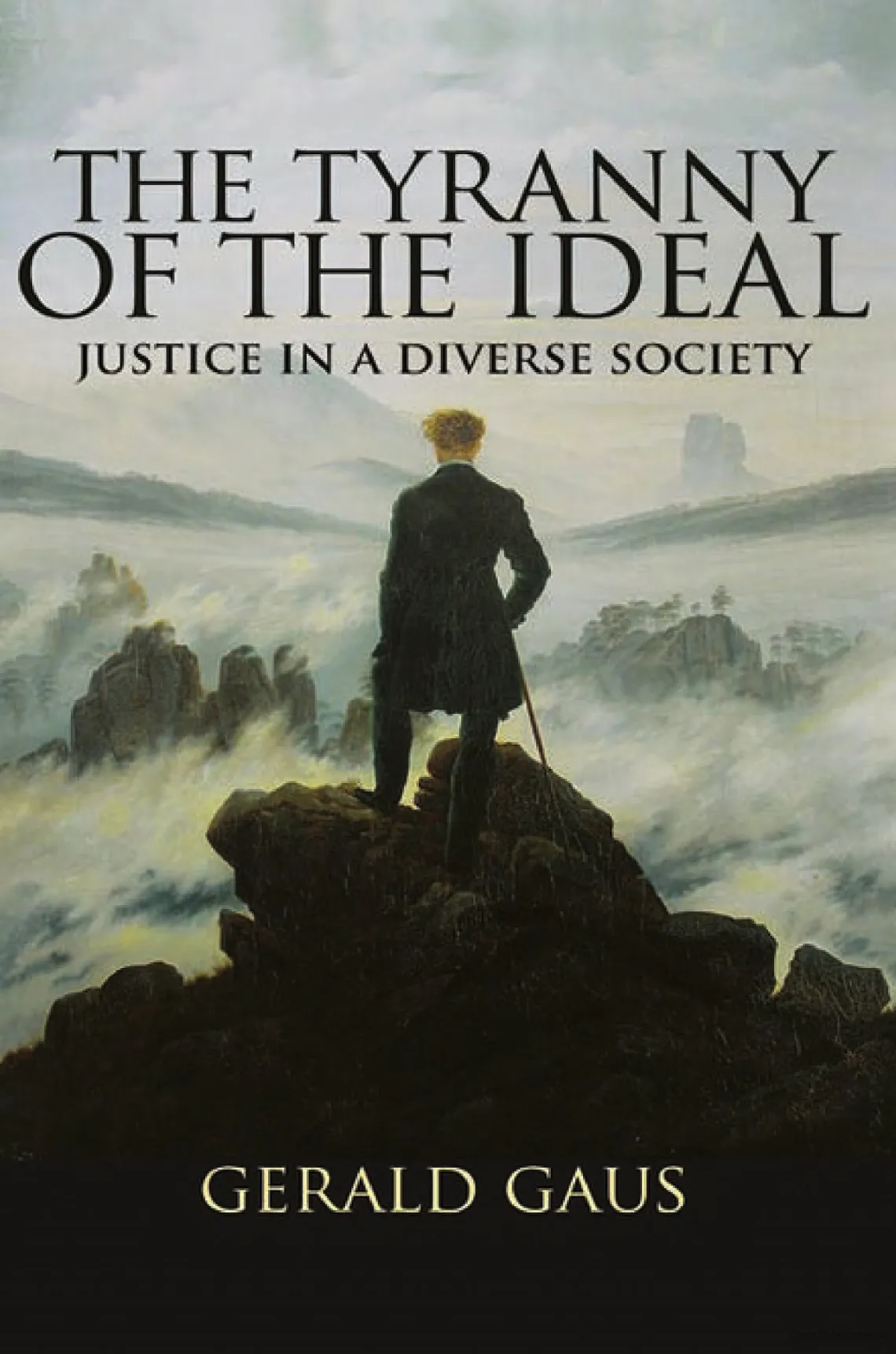
From the publisher:
In his provocative new book, The Tyranny of the Ideal, Gerald Gaus lays out a vision for how we should theorize about justice in a diverse society. Gaus shows how free and equal people, faced with intractable struggles and irreconcilable conflicts, might share a common moral life shaped by a just framework. He argues that if we are to take diversity seriously and if moral inquiry is sincere about shaping the world, then the pursuit of idealized and perfect theories of justice—essentially, the entire production of theories of justice that has dominated political philosophy for the past forty years—needs to change.
Drawing on recent work in social science and philosophy, Gaus points to an important paradox: only those in a heterogeneous society—with its various religious, moral, and political perspectives—have a reasonable hope of understanding what an ideally just society would be like. However, due to its very nature, this world could never be collectively devoted to any single ideal. Gaus defends the moral constitution of this pluralistic, open society, where the very clash and disagreement of ideals spurs all to better understand what their personal ideals of justice happen to be.
Presenting an original framework for how we should think about morality, The Tyranny of the Ideal rigorously analyzes a theory of ideal justice more suitable for contemporary times.
Reviews:
"This book is a spirited and convincing critique of utopianism and a compelling defense of pluralistic liberalism, and it offers a welcome contribution to the ongoing conversation about the nature and importance of political liberty."--Kenneth B. McIntyre, Anamnesis
"Gaus lays out a vigorous and widely useful exposition of what a philosophy focused on justice needs to do in order to shift from the real of pure moral philosophy . . . to making recommendations about the political world."--Christopher Cochrane, Perspectives on Politics
"In The Tyranny of the Ideal, Gerald Gaus constructs a detailed and powerful argument against the focus on a well-ordered society oriented by reference to an ideal, instead supporting an open society reflecting social complexity and diversity. Gaus amply demonstrates the value of formal models in thinking about normative political philosophy."--Alan Hamlin, University of Manchester
"In political philosophy, theories of justice continue multiplying, seemingly impervious to the fact that few gain any adherents and all find themselves subject to withering criticism. Gerald Gaus argues convincingly that the philosopher's pursuit of the ideal is quixotic, and he takes us further by showing what political philosophy can teach us regarding the good society. He is the ideal guide to the diverse body of work that makes up contemporary political theory."--Chandran Kukathas, London School of Economics

